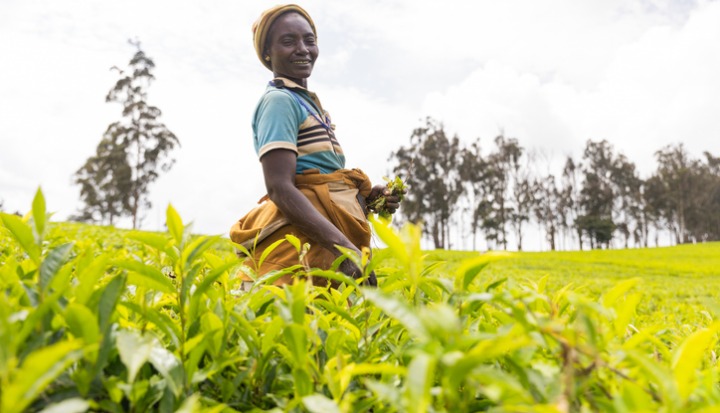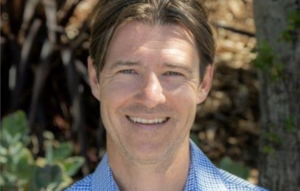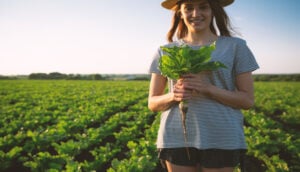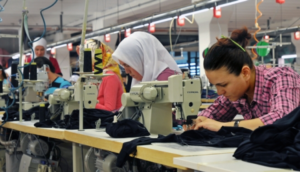Integrating gender equity into the Voluntary Carbon Market (VCM) is essential for achieving environmental and social sustainability. At the heart of this discussion is the question: How can carbon credit quality be improved, whilst also driving benefit for the planet and the people most affected by climate change?
Integrating gender equity into carbon credit initiatives offers a solution that addresses ethical concerns and enhances their overall success and integrity, whilst driving various Sustainable Development Goals (SDGs).
Why gender matters in carbon projects
Gender inequality is a pressing issue in the fight against climate change. Women, particularly in rural and developing areas, are disproportionately impacted by the changing climate and associated environmental challenges. Yet, they are crucial to climate resilience efforts, often taking leading roles in conservation and resource management. Carbon credit projects that fail to consider gender risks—such as excluding women from decision-making—miss out on the opportunity to leverage their knowledge and contribute to long-term sustainability.
With WOW support, The Ethical Tea Partnership is piloting a payment for ecosystem services project with smallholder tea farmers in Malawi. Recognising that women smallholders play a key role in the tea supply chain, but are also disproportionately impacted by climate change, the project aims to ensure that women are able to benefit from tree planting (having an active say in tree species selection for example) and that their suggestions on any payment systems that evolve for receiving carbon credits are designed with them in mind.
The business case for gender inclusion
From a business perspective, integrating gender into carbon credit projects aligns with growing demands for projects that adhere to ESG standards, and drives action towards a variety of SDGs. Buyers and investors increasingly prefer projects that address gender risks, recognising that projects neglecting these issues risk significant reputational damage, as seen in recent media. There is also evidence to show that carbon credits actively contribute to achieving SDG 13 (to limit and adapt to climate change), regarding gender equality. They also achieve higher price premiums than credits contributing to other SDGs, supporting the idea that there has been an increased demand for gender equitable credits in the market.
An example of crediting activities that can both contribute to a reduction in carbon and support action towards gender equity are clean cookstove projects. These projects work to reduce toxic emissions within the household, but also empower women by reducing the amount of time they spend collecting firewood and cooking, enabling them to use this time on other activities, such as running small enterprises or attending training courses. This shows how gender-focused interventions can have wide-reaching benefits, beyond just climate change mitigation.
Call to Action: The future of carbon markets
As the VCM continues to grow, there is a pressing need for key stakeholders to prioritise gender equity, not only because it is a moral obligation, but also because it drives the overall success and integrity of crediting activities. Driving gender action in the VCM will require collaboration from key market actors, governments, businesses and communities. By working together, the VCM can provide high-integrity, gender-equitable carbon projects that deliver not only emission reductions but also significant benefits to women and their communities.
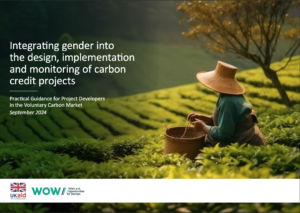
For practical guidance on how organisations can incorporate gender equitable approaches into carbon crediting projects, explore the newly published guidance, Integrating gender into the design, implementation and monitoring of carbon credit projects. This highly anticipated guidance was launched by the Work and Opportunities for Women (WOW) programme and has been designed for project developers in the Voluntary Carbon Market. It aims to support them in generating carbon credits that benefit all genders, as well as to improve outcomes for women who are involved in carbon projects.
